'Hardcore yeast' could be the solution to nuclear waste
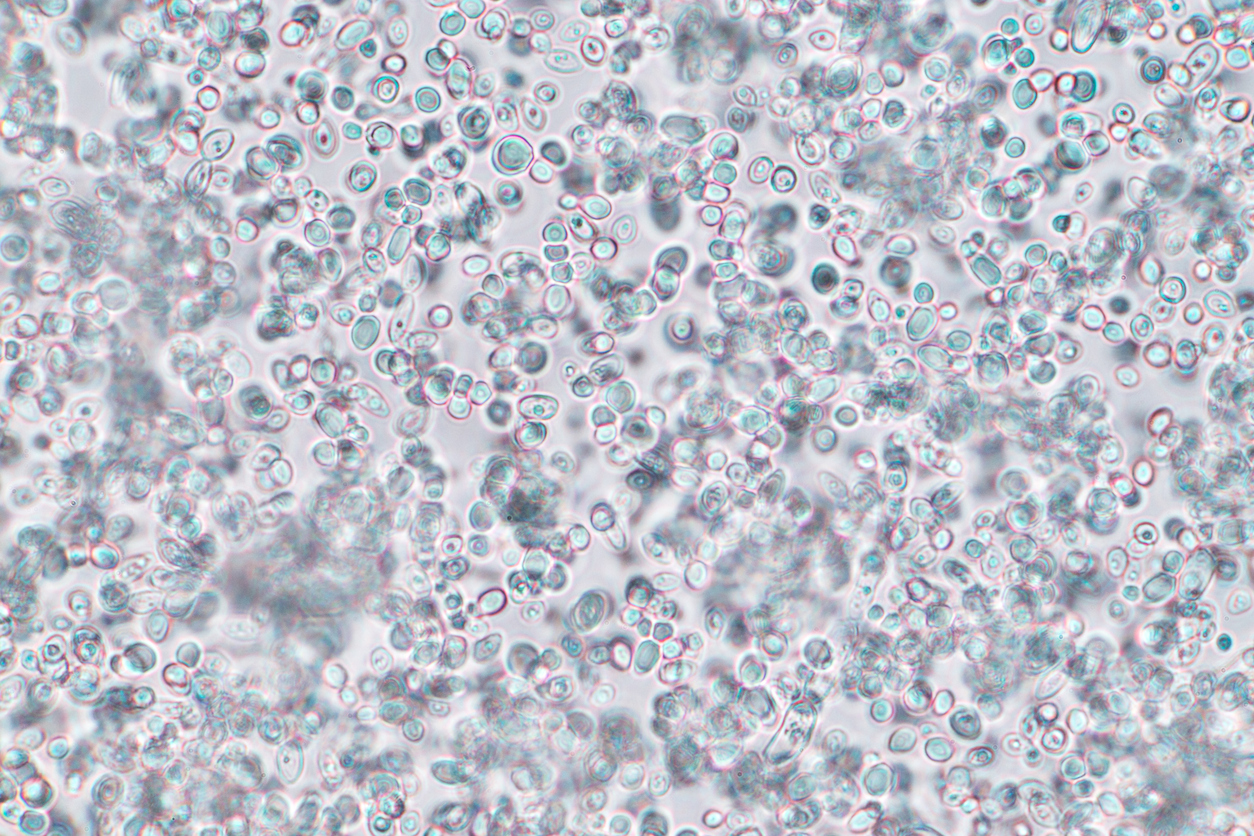
As we inch ever-closer to nuclear apocalypse, there may be good news for the inevitable radioactive waste: Scientists have discovered that to stop contamination from spreading, the solution could be as simple as yeast.
In a study published earlier this month, researchers discovered that yeasts are surprisingly capable of withstanding radioactive and acidic conditions, like those that would follow a nuclear detonation. A species of yeast called Rhodotorula taiwanensis can even form a type of shield, called a biofilm, to stop radioactivity from spreading. The reddish fungus — which Popular Science dubs "hardcore yeast" — was originally found in an abandoned acid mine in Maryland, and it has even proved more effective in halting radioactive spread than a microbe that researchers nicknamed "Conan the Bacterium" for its resistance to radiation.
"The potential for yeast is enormous," said the study's co-author Michael Daly. He and other researchers are hoping to use their newfound fungal ally to stop the leakage of Cold War-era nuclear waste, which is stored at 120 sites around the country. The largest of these, the Hanford Site in southeastern Washington, houses more than 50 million gallons of nuclear byproduct — and has contaminated 10,000 football fields' worth of soil since it was used to assemble the first atomic bombs during the Manhattan Project.
The Week
Escape your echo chamber. Get the facts behind the news, plus analysis from multiple perspectives.

Sign up for The Week's Free Newsletters
From our morning news briefing to a weekly Good News Newsletter, get the best of The Week delivered directly to your inbox.
From our morning news briefing to a weekly Good News Newsletter, get the best of The Week delivered directly to your inbox.
But with the mighty yeast on their side, these scientists are hopeful that they can contain the dangerous waste. Read more at Popular Science.
A free daily email with the biggest news stories of the day – and the best features from TheWeek.com
Shivani is the editorial assistant at TheWeek.com and has previously written for StreetEasy and Mic.com. A graduate of the physics and journalism departments at NYU, Shivani currently lives in Brooklyn and spends free time cooking, watching TV, and taking too many selfies.
-
 Political cartoons for December 20
Political cartoons for December 20Cartoons Saturday’s political cartoons include drowning rats, the ACA, and more
-
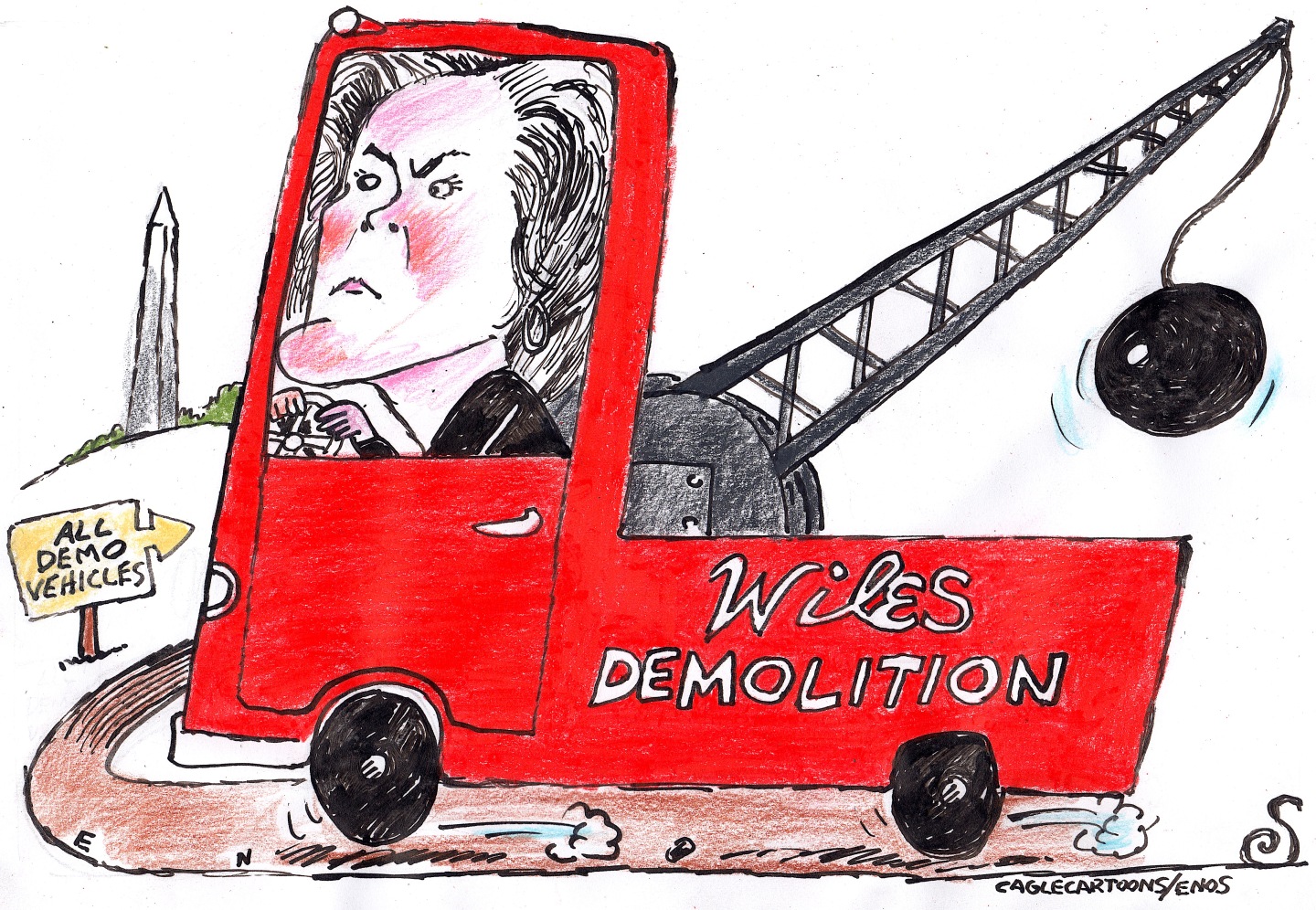 5 fairly vain cartoons about Vanity Fair’s interviews with Susie Wiles
5 fairly vain cartoons about Vanity Fair’s interviews with Susie WilesCartoon Artists take on demolition derby, alcoholic personality, and more
-
 Joanna Trollope: novelist who had a No. 1 bestseller with The Rector’s Wife
Joanna Trollope: novelist who had a No. 1 bestseller with The Rector’s WifeIn the Spotlight Trollope found fame with intelligent novels about the dramas and dilemmas of modern women
-
 US offers Ukraine NATO-like security pact, with caveats
US offers Ukraine NATO-like security pact, with caveatsSpeed Read The Trump administration has offered Ukraine security guarantees similar to those it would receive from NATO
-
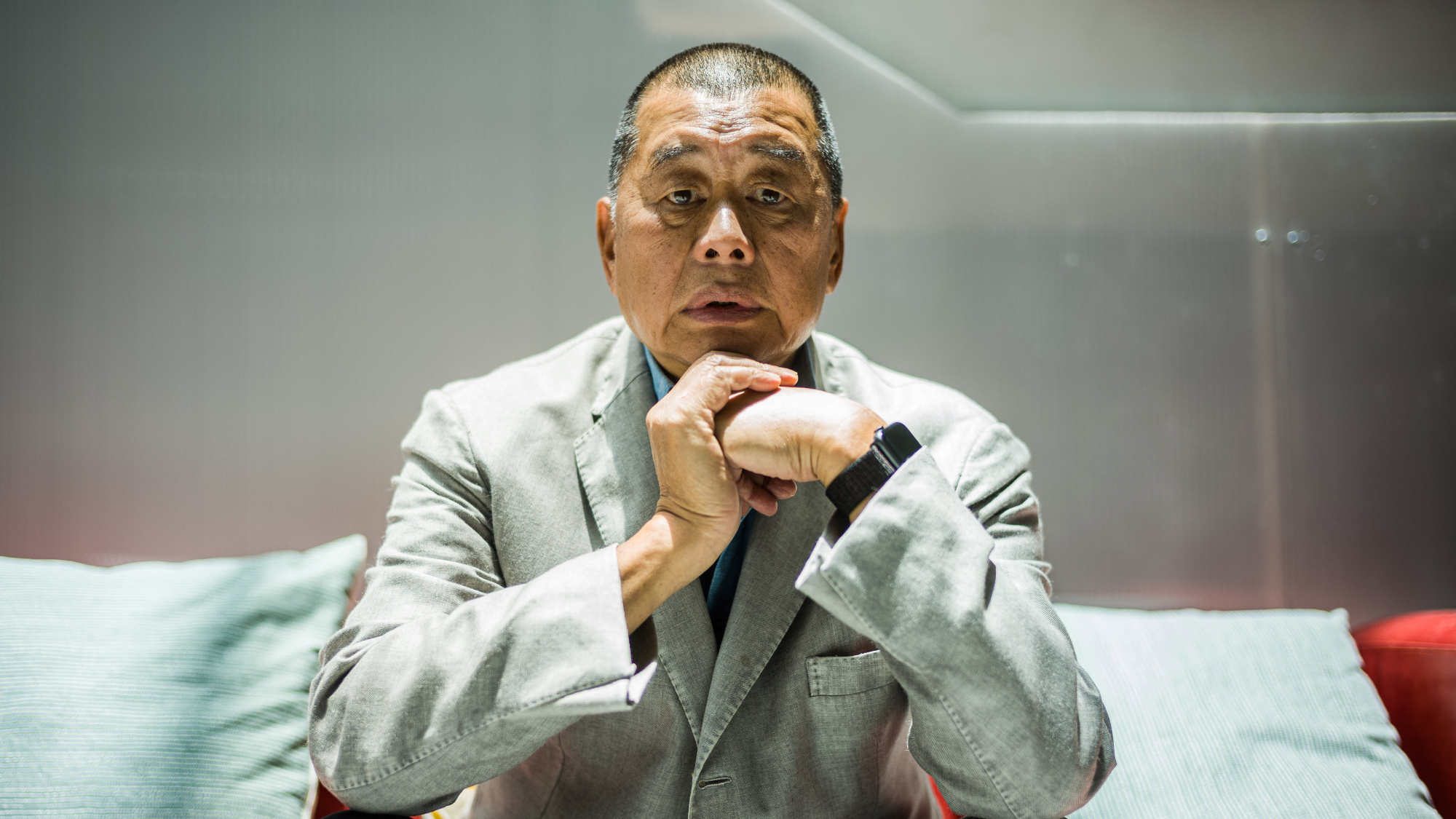 Hong Kong court convicts democracy advocate Lai
Hong Kong court convicts democracy advocate LaiSpeed Read Former Hong Kong media mogul Jimmy Lai was convicted in a landmark national security trial
-
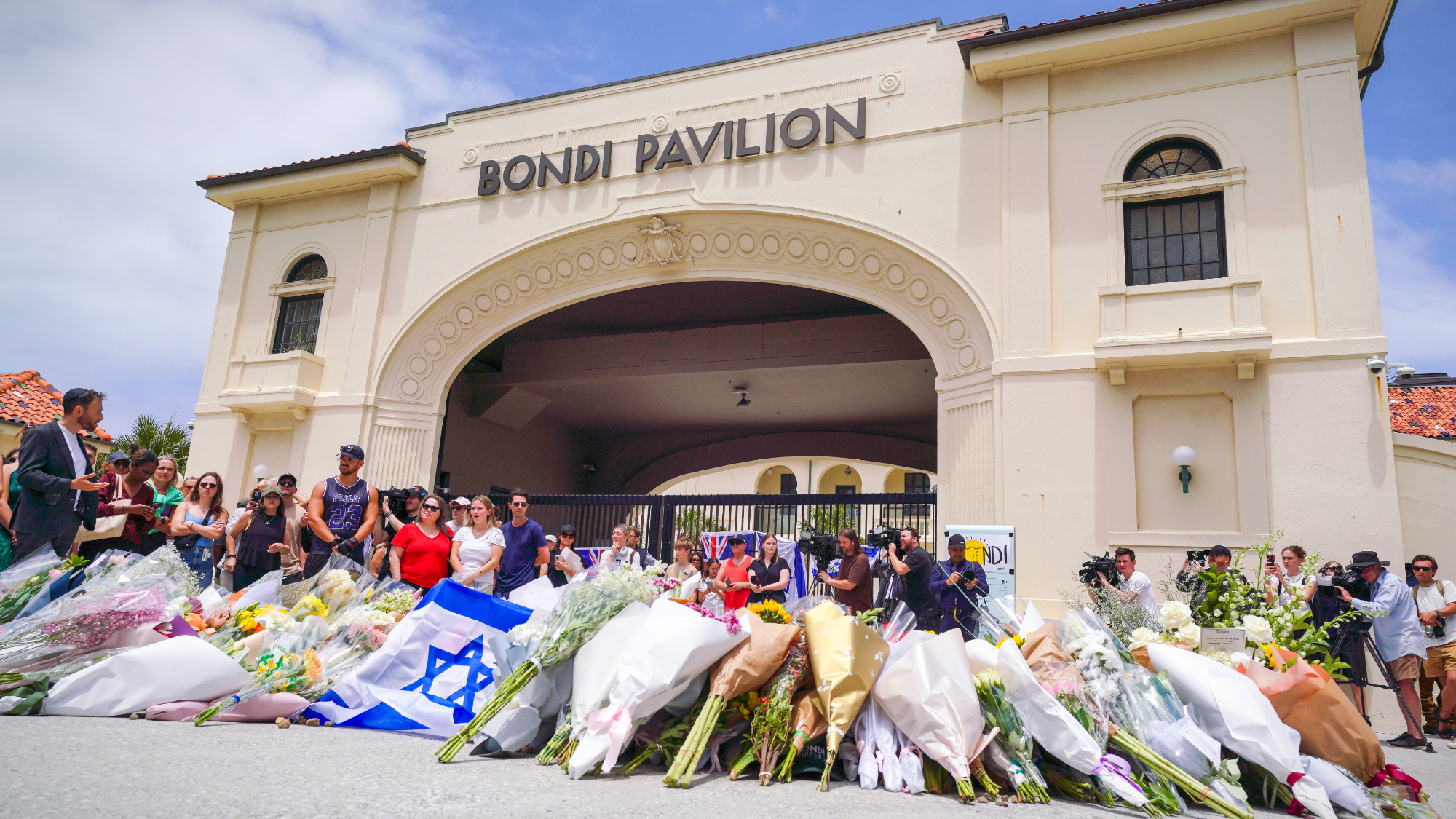 Australia weighs new gun laws after antisemitic attack
Australia weighs new gun laws after antisemitic attackSpeed Read A father and son opened fire on Jewish families at Sydney’s Bondi Beach, killing at least 15
-
 How Bulgaria’s government fell amid mass protests
How Bulgaria’s government fell amid mass protestsThe Explainer The country’s prime minister resigned as part of the fallout
-
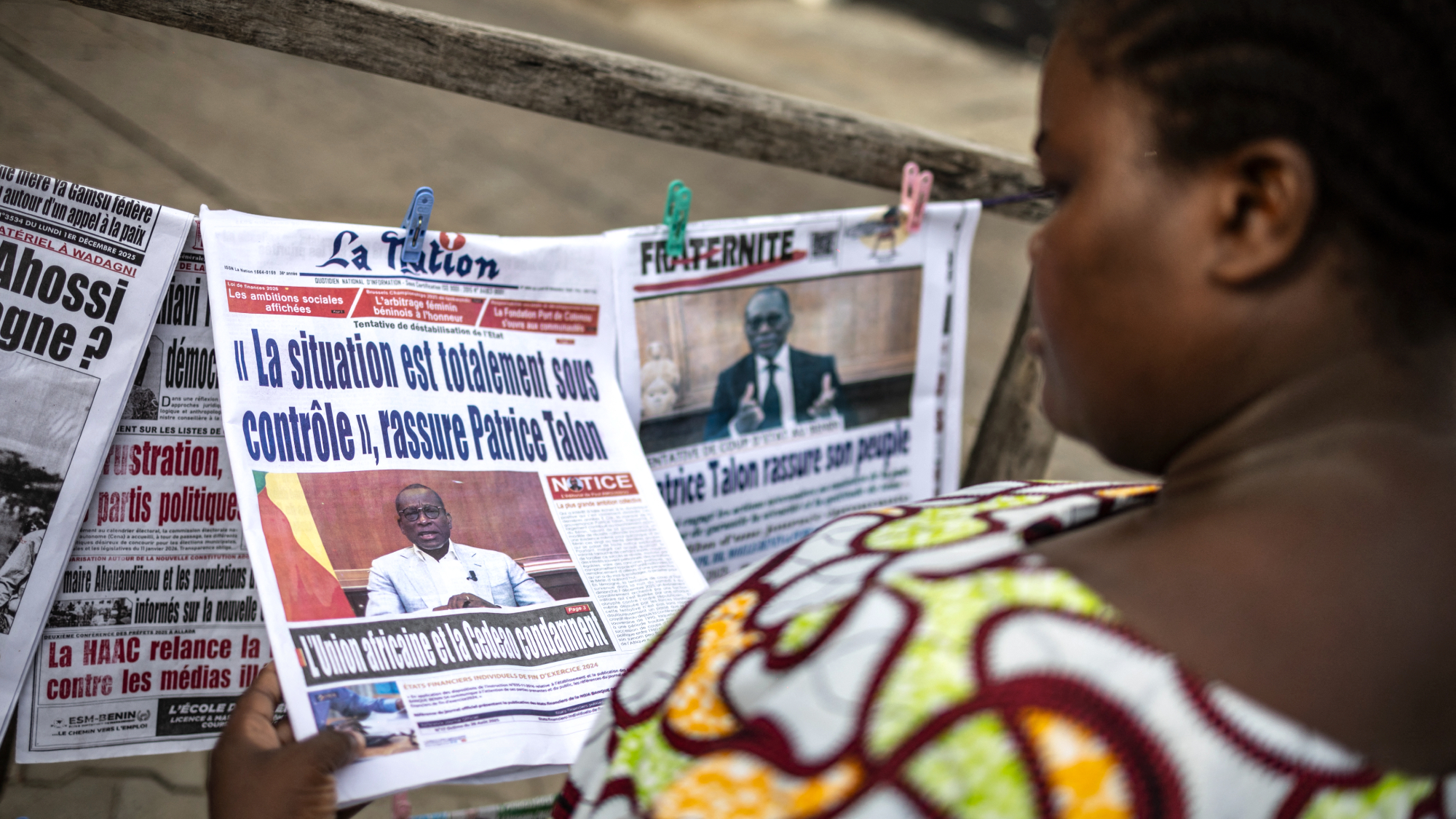 Benin thwarts coup attempt
Benin thwarts coup attemptSpeed Read President Patrice Talon condemned an attempted coup that was foiled by the West African country’s army
-
 Femicide: Italy’s newest crime
Femicide: Italy’s newest crimeThe Explainer Landmark law to criminalise murder of a woman as an ‘act of hatred’ or ‘subjugation’ but critics say Italy is still deeply patriarchal
-
 Brazil’s Bolsonaro behind bars after appeals run out
Brazil’s Bolsonaro behind bars after appeals run outSpeed Read He will serve 27 years in prison
-
 Americans traveling abroad face renewed criticism in the Trump era
Americans traveling abroad face renewed criticism in the Trump eraThe Explainer Some of Trump’s behavior has Americans being questioned